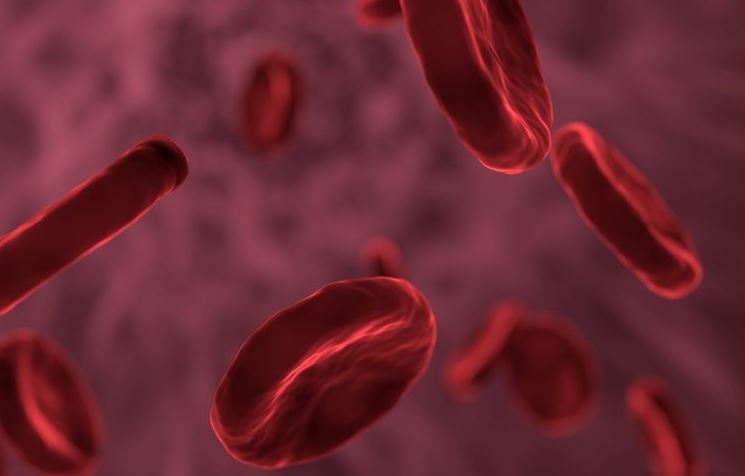New Research Finds a Link Between Increased Risk of Prostate Cancer and Two Hormones
A group of researchers working on a new study have found a link between an increased risk of prostate cancer and two hormones in the blood. The comprehensive new study points at heightened levels of free testosterone or bioavailable testosterone and a growth hormone named insulin-like growth factor-I (IGF-I).
The researchers who presented their findings at the 2019 NCRI Cancer Conference, claimed that controlling the levels of these two hormones in the blood can help combat the risk of prostate cancer. The new study, led by researchers from the University of Oxford examined about 200,452 male participants involved in the UK Biobank project. Blood samples were collected from the participants, none of which were undergoing any hormone therapy, and tested for the level of the two hormones.
The researchers made sure that none of the men had cancer, which affects the prostate glands prior to participating in the study. The participants were monitored for about an average span of six to seven years. The study also monitored any variation in the level of these two hormones for a second time in a subgroup of 9,000 male participants. The participants were frequently checked for signs of cancer. The study found that men with an increased level of both hormones were more likely to be affected by cancer.
Lead researcher of the study Dr. Ruth Travis said that “This type of study can’t tell us why these factors are linked, but we know that testosterone plays a role in the normal growth and function of the prostate and that IGF-I has a role in stimulating the growth of cells in our bodies.” Travis is an Associate Professor at Nuffield Department of Population Health, University of Oxford.
Martin Samuel is the senior news reporter for All Go News. Samuel covers Healthcare. He was attracted to Journalism from the time of college. He has previously worked for The Times. He thinks we should be dedicated to synthesizing and integrating knowledge for the progress of healthcare and the benefit of society.


